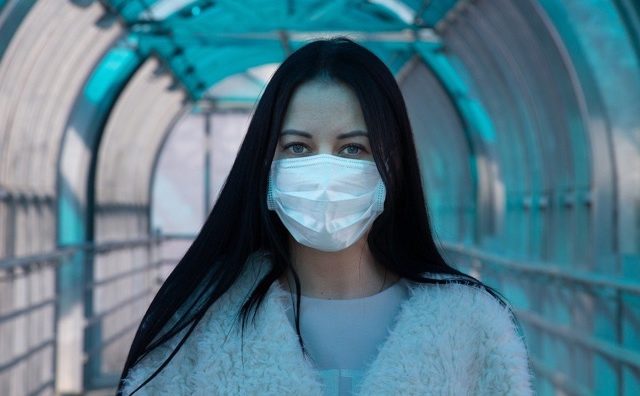Friday the 13th is supposed to be the day of the week that offers bad outcomes; however, it was on Monday the 13th – April 13, 2020, to be exact – that the number of coronavirus cases in North Carolina surpassed 5,000. On Tuesday, April 14, the North Carolina Department of Health and Human Services (NC DHHS) announced the new total: 5,024.
State health officials also announced that, as of 11 a.m. on Tuesday, there had been 108 coronavirus deaths in North Carolina and that 418 people had been hospitalized by the disease that began late last year in China.
North Carolina, like many states across the country, has been attempting to ramp up testing for the virus, and, so far, according to NC DHHS officials, the state has conducted 65,039 tests for the virus that’s also known as COVID-19.
About 2.2 percent of those who have tested positive in the state have died – though the death rate is a lagging indicator.
On April 14, along with the numbers, the state also released a video to provide additional information about the virus. In that video, East Carolina University’s Brody School of Medicine Associate Dean for Admissions Cedric M. Bright, discussed rumors regarding COVID-19 as well as the disproportionate impact of the virus on African Americans in the state.
Bright said there’s a rumor going around that “Certain populations are immune,” and he added, “That information is totally false.”
He said that the perpetuation of that belief causes some people to drop their guard and it puts them at greater risk.
He also said that the virus can spread in rural counties just as it can in urban counties. He noted that over 90 counties in North Carolina now have coronavirus cases, which, he said, makes it clear it can spread in rural communities.
Bright also stated in the video that African-Americans make up 22 percent of the population in North Carolina, but they account for 39 percent of the cases and 40 percent of the deaths (as of Thursday, April 9).
He stated that African-Americans are disproportionally affected by the disease and have worse outcomes. Bright said that, statistically, African Americans are more likely to have complicating health conditions that make the virus more deadly.

